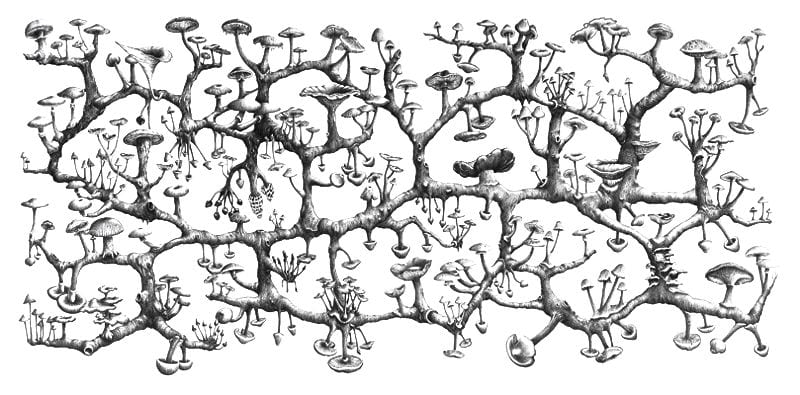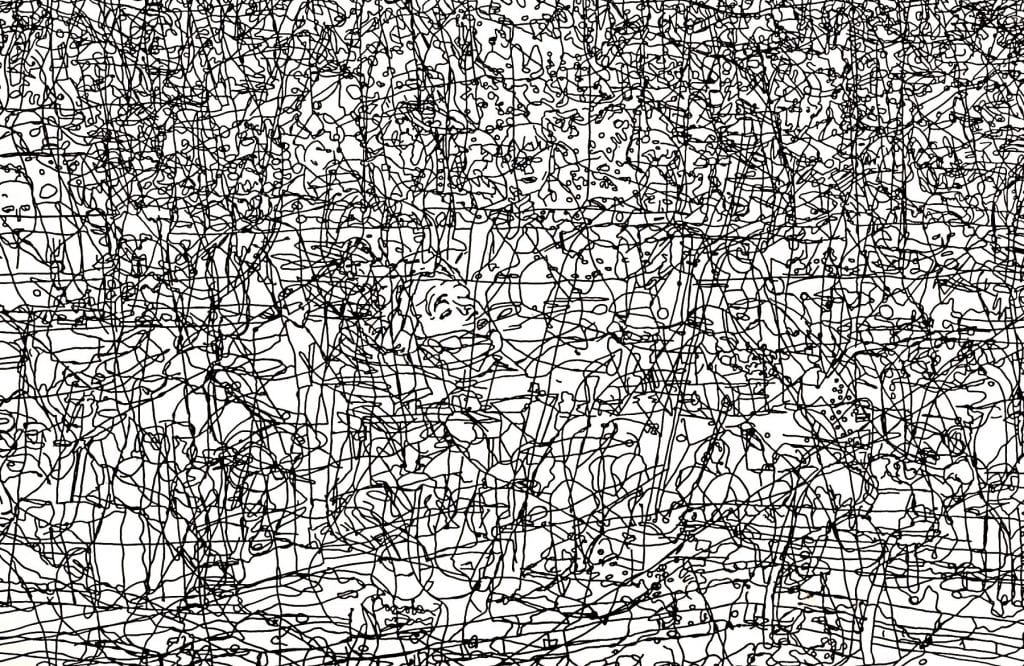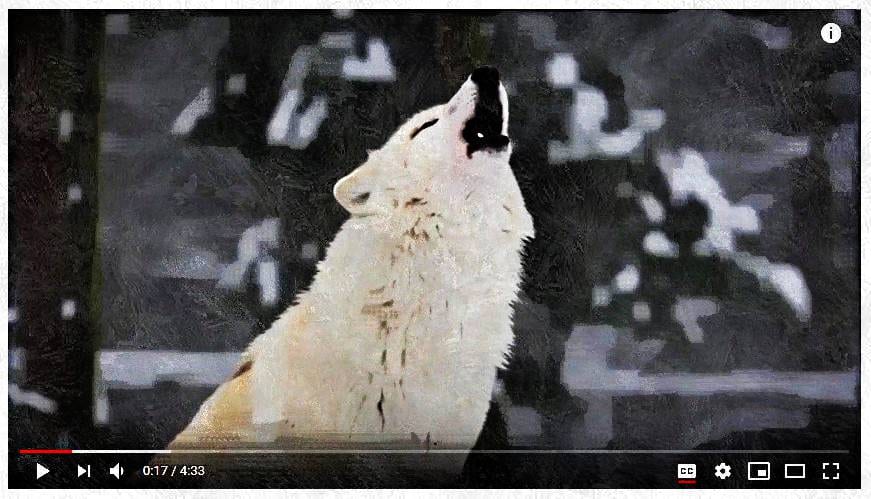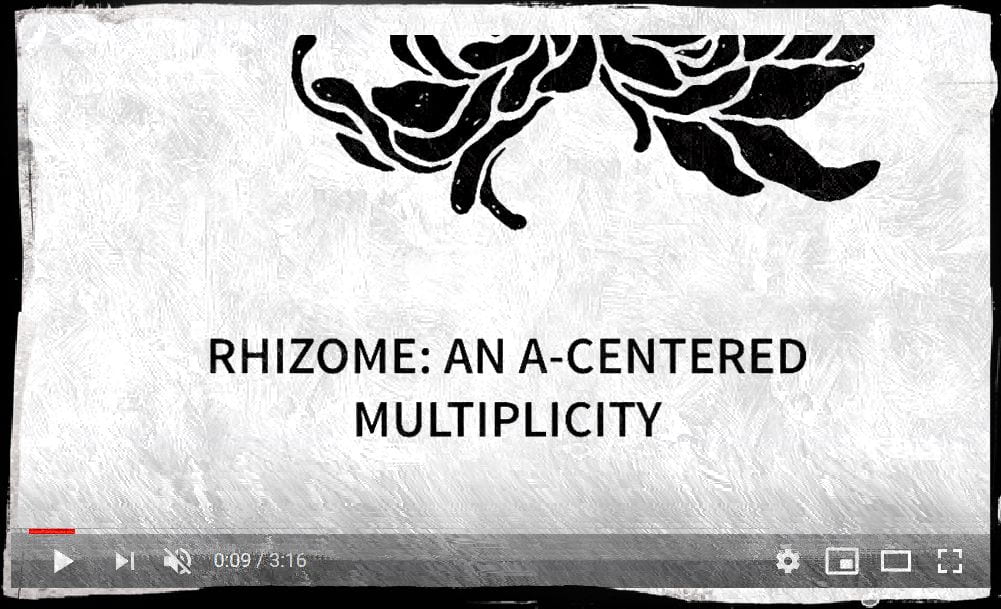Monday Notes
What about defining learning as creativity as the ability to build upon existing theories to invent new ones? How is creativity related to the phenomenon of life and living systems? How we define Science? Are the traditional conceptions of Science still effective today? How should modern Science be shaped to help us evolve in an evermore technology-mediated, and AI determined, dynamic environment? What about the view of a therapist as a person that helps the clients to create alternative connections, new networks of thinking and new patterns of relating with other humans? Sometimes, the new could be experienced as intimidated. How to cope with the unexpected? Why are living systems open (interact with their environment)? How to navigate into the unknown? How to create our context? Complex systems can be defined as systems extremely sensitive to their initial conditions. In such systems, Prediction becomes impossible. The Janus God and the importance of transitions in life. The community as a multiplier of perspectives. A group-as-a-whole is far smarter when all voices are freely expressed and no emotions or thoughts are suppressed. We focus on the content while we are missing the context or the unsaid. The circle as an archetypal setting for human communication (gathering around a fire). A learning rhizome of becoming, a dance between matter (content) and pattern (relating). What is the pattern that connects? The importance of the circle: the setting is never neutral; it emits a culture. “Group forming” requires a safe space. A matter of perspective… either to focus on the individuals or to focus on the connections between them. Order out of Chaos, or a deterministic Chaos. A piece of baggage that can hold us back and propel us forward at the same time (an and and and mentality). Maturana – Varela and the theory of autopoiesis. Non-verbal learning and embodied knowledge.
Detailed Monday Notes
“Excited … what we will learn … creative… I never had a course like this one so far and I think that it is going to be a good chance to learn new things and ways of thinking. … You may also fail and do mistakes sometimes – that’s the best way to learn something new and to improve your skills. I am looking forward to learning something about this topic and also about theories which maybe can explain such a complex thing” –strawberrykid
What about defining learning as creativity, as the ability to build upon existing theories and invent new ones? How creativity is related the phenomenon of life and to living systems?
“The way of thinking about psychology in this course is very different in comparison with the courses I had in Germany. In Germany it is really important to proceed scientifically. … What will happen if it [social media] stops working one day? Would we be able to continue a normal life?” –chocolatelover98
How we define Science? Are the traditional conceptions of Science still effective today? How modern Science should be shaped to help is involve in evermore technology-mediated, and AI determined, dynamic environment?
“I made my first (small) step into the psychologists’ universe today and I’m quite happy about it. Indeed, I’ve always wondered how anyone could see a human being from ‘the inside’. What are shrink’s ‘special technics’? What are their ‘superpowers’? … I like this way of thinking, not only in terms of individuals but in terms of links and networks they constitute. ” –doyoucopy
What about the view of a therapist as a person that helps the clients to create alternative connections, new networks of thinking and new patterns of relating with other humans?
“Coming into a new environment, meaning a new school or a new university, can easily become a challenge and a bit overwhelming at first for a lot of people. … Everyone seemed to be really open and ready to interact with others.” –somewhereinathens
The new could be experienced as intimidated. How to cope with the unexpected? Why living systems are open (interact with their environment)?
“I am still not really any closer to having an Idea of what the exact content of the course will be, what our “learning goals” are, but that makes it really exiting and I am looking forward to the weeks ahead of us. … [When] we realized that one can’t define something without putting it into a context I felt really enlightened by something that seems so trivial and simple.” –nowordsneeded.
How to navigate into the unknown? How to create our context?
“I ask myself if every single details of our life, even if it seems nothing, could influence who we are. I can’t wait to learn more about this course, to understand how the social media, which is really present this days, influence our life and our behavior.” –erasmusblackout
Complex systems can be defined as systems extremely sensitive to the initial conditions. In such systems, Prediction becomes impossible.
“October 15, 2019 was the first day of class of this first Erasmus experience of my life. It’s an adventure that is both exciting and sometimes stressful. The first step was to adapt to a new country, a new city and therefore a new environment. … And if something had been different, would that connection and our environment have been different? Does every detail matter? ” –minnierasmus
The Janus God and the importance of transitions in life.
“It was interesting to me that such an ‘easy’ question was hard to answer for me. The other student showed me a totally different perspective regarding the term ‘feeling’ which made me think. … Well, I’ve always been concentrated on facts which made me miss out on other perspectives that I have as a human being.” –thedutchstudent
The community as a multiplier of perspectives.
“This way of thinking the psychology and in this case the Psychology of Social Media is quite new for me. I’m both curious and skeptical about how will happen the next lessons. … I liked the fact that we don’t really have a way of thinking that we should follow but listen to how we feel and what we really understand” –erasmusouth
A group-as-a-whole is far more smart, when all voices are freely expressed and no emotions or thoughts are suppressed.
“I wasn’t really expecting that the class was taught … with the possibility of seeing and smiling to all my class mates in a circle, that I think that brings closer all the people even the professor, and what I really really enjoyed was the fact that everyone has a different perspective of every experience. … there are a lot more things behind what we see, such as a context, an emotion, a thought… so many things.” –a5monthgreek
We focus on the content, while we missing the context or the unsaid. The circle as an archetypal setting for human communication (gathering around a fire).
“The class started and it was nothing compared to what I was used to, the typical well organized lesson was replaced by a friendly atmosphere where it was not only recommended but necessary to express what we were feeling. Being a classic and quite stubborn student, this scared me a bit, I had to know what we were going to do, when we were going to do it and why.” –elerasums
A learning rhizome of becoming, a dance between matter (content) and pattern (relating).
“I just knew that I was especially curious to learn about this correlation between psychology, systems theory and social media since that´s a subject we´ve never talked about in my home university and I am really curious about learning a new perspective of how different subjects such as social media can be related and even useful to psychology. … For me this class wasn’t about what I learnt it was about being given the time to think and question concepts … and also being given the opportunity to hear others point of view.” –anothererasmusstudent
What is the pattern that connects?
“Well… , I guess that was one cheap stereotype, thinking that psychology students are always sitting in a circle and talking about your emotions. … I felt like all the people in the room had a common agreement to create this course as a „safe space“, in which everyone can freely interact and is not judged. … “It may be one of the rare times at University, where the goal of a course is not focused about me learning new theories but more about me creating a new awareness and working on myself as a person” –pleasemindthegap
The importance of the circle: the setting is never neutral, it emits a culture. “Group forming” requires a safe space.
“We are all connected, our stomach lies down in our bones, our thoughts beat in our breaths, our life touches your souls and bodies. There is no empty: the sky with the buildings, smells, pollution and flours together with the sea, the wind is nothing but tears of joy and pain, anger and dreams.” –columbedda
A matter of perspective… to focus on the individuals, or to focus on the connections.
A magic dwells in each beginning … Athens is an chaotic, dirty and beautiful place. And specially keeping in mind the fact that I will spend a semester of my life in this place, … , its easy to get a bit too entangled in the ongoing connections and interactions systems theory calls for. Perhaps I am the victim of my ongoing and chaotic surroundings” –orangensaftpur
Order out of Chaos, or a deterministic Chaos.
“One other idea I really appreciated from the class is the concept of meeting someone and considering their story as a “baggage” that we all carry around. When we meet a new person we meet them, and also their past.” -caffelover
A baggage that can hold us back and propel us forward at the same time (an and and and mentality)
“Besides, the class made me think about that we are creating ourselves each day, each moment. The most important thing to me has been to contemplate my context, the feelings of others, their thoughts and just to see that we are not a person alone with mistakes. To many problems could be solved just asking for help” –almanzor
Maturana – Varela and the theory of autopoiesis.
“After my first class in psychology I was feel good although anxious and stressed with my english level. In fact I don’t understand and speack english very well so I am stressed to don’t understand everythink. ” –phiphiii
Non-verbal learning and embodied knowledge
Our Learning Rhizome

Source: richard giblett – Mycelium Rhizome (2008) – http://www.richardgiblett.com.au/myceliumrhizome.html
“The rhizome operates by variation, expansion, conquest, capture, offshoots. Unlike the graphic arts, drawing, or photography, unlike tracings, the rhizome pertains to a map that must be produced, constructed, a map that is always detachable, connectable, reversible, modifiable, and has multiple entryways and exits and its own lines of flight. It is tracings that must be put on the map, not the opposite. In contrast to centered (even polycentric) systems with hierarchical modes of communication and preestablished paths, the rhizome is an acentered, nonhierarchical, nonsignifying system without a General and without an organizing memory or central automaton, defined solely by a circulation of states. … all manner of “becomings.” (Deleuze & Guattari, 1987, p. 21)
“Rhizome has no beginning or end; it is always in the middle, between things, interbeing, intermezzo. The tree is filiation, but the rhizome is alliance, uniquely alliance. The tree imposes the verb “to be,” but the fabric of the rhizome is the conjunction, “and. . . and.. . and. . .” This conjunction carries enough force to shake and uproot the verb “to be.” Where are you going? Where are you coming from? What are you heading for? These are totally useless questions. Making a clean slate, starting or beginning again from ground zero, seeking a beginning or a foundation—all imply a false conception of voyage and movement (a conception that is methodical, pedagogical, initiatory, symbolic…). … proceeding from the middle, through the middle, coming and going rather than starting and finishing.” (Deleuze & Guattari, 1987, p. 25).
Deleuze, G., & Guattari, F. (1987). A Thousand Plateaus: Capitalism and Schizophrenia. USA: University of Minnesota Press.
Video: How Wolves Change Rivers (04:33)
“the ‘adaptive cycle’ of resilient systems, showing that at ‘the edge of chaos’ comes opportunity for the emergence of greater complexity and intelligence.” -Joanna Macy
Video What is the Rhizome? (03:16)



